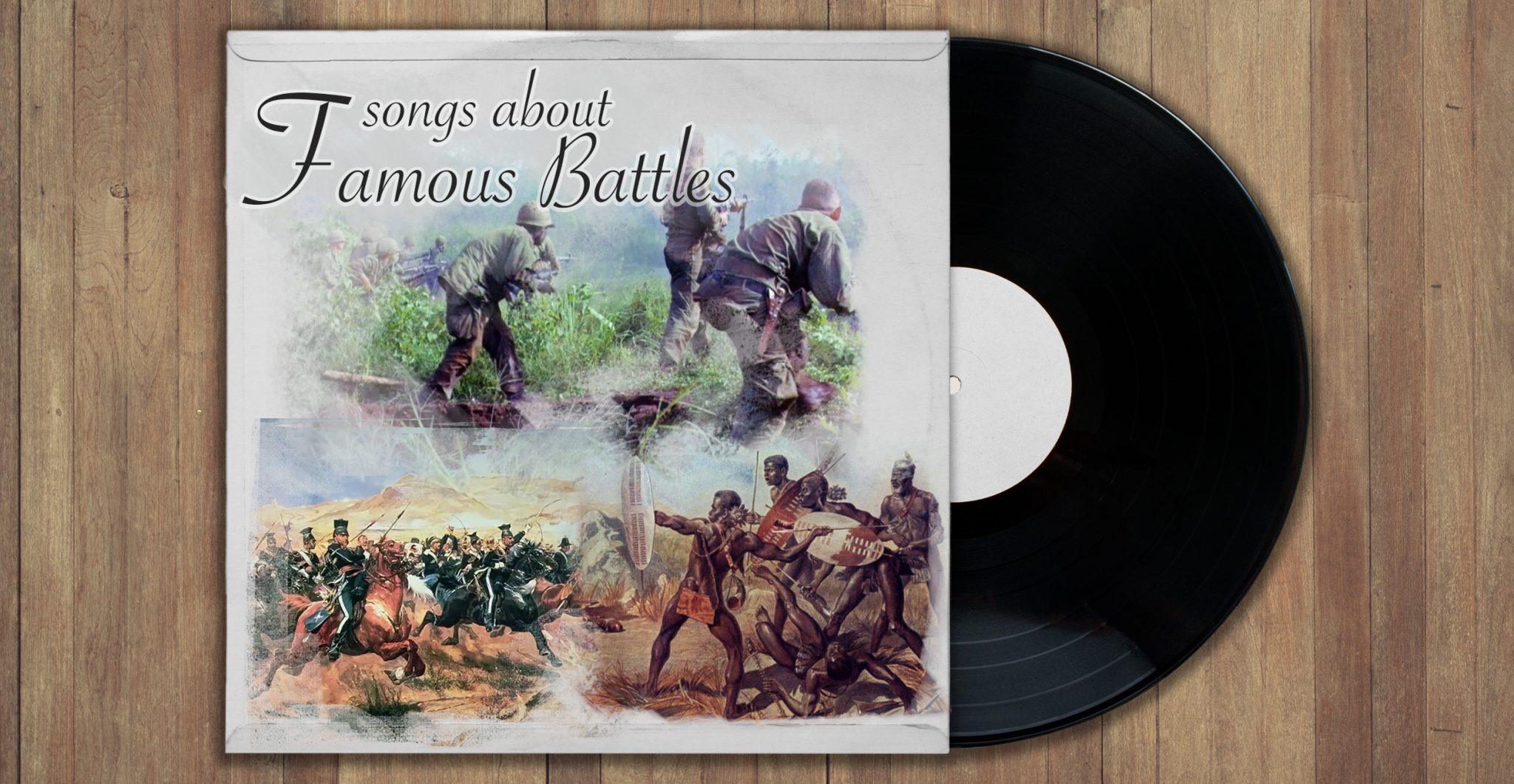Songs about battle and war go back hundreds, even thousands of years, in which the deeds of great warriors were sung by bards in the halls of kings.
While music may have changed immensely in style over the centuries, the themes that musicians write songs about have largely stayed the same – and battle, soldiers, and war are themes that have appeared in a number of iconic songs in the 20th and 21st centuries.
“The Trooper” by Iron Maiden
Kicking off the list is Iron Maiden’s “The Trooper,” released in 1983 on their album Piece of Mind. These masters of early British heavy metal often wrote songs inspired by history – especially military history – and “The Trooper” is based on the famous Charge of the Light Brigade, which took place in the Crimean War at the Battle of Balaclava in 1854.
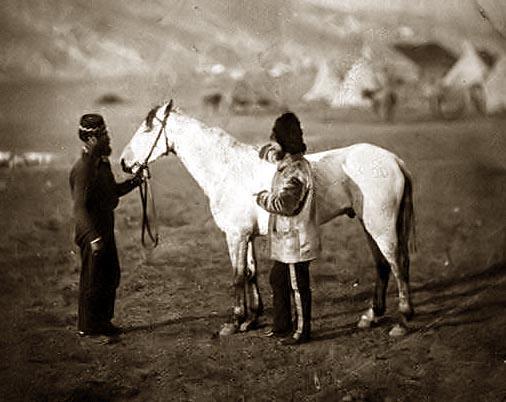
The song’s rapid pace and galloping riff echo the thundering charge of the British cavalrymen who stormed into the face of certain death, while the lyrics “you’ll fire your musket but I’ll run you through” and “the smell of acrid smoke and horse’s breath, as I plunge on into certain death,” make no bones about the brutality of the fighting during the charge.
Much like Tennyson’s famous poem about this same cavalry charge, “The Trooper” pays homage to the courage of the men who rode their horses into battle that fateful day.
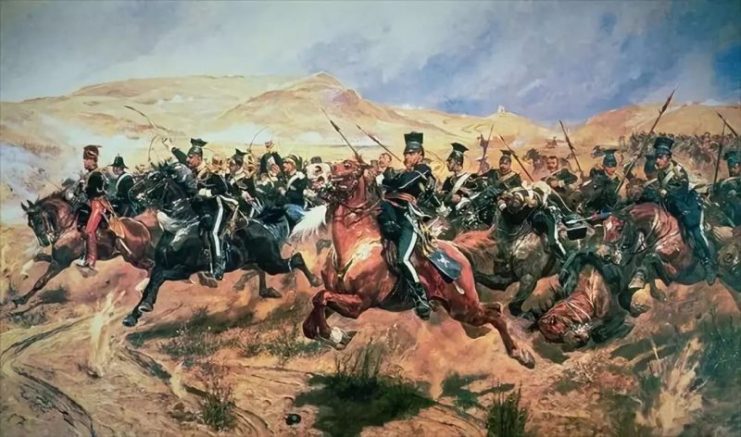
“Buffalo Soldier” by Bob Marley
Next up is another 1983 song that’s a lot more mellow in tempo and tune, but just as iconic. Bob Marley’s “Buffalo Soldier” is another song about cavalrymen, but these mounted soldiers fought on American soil.
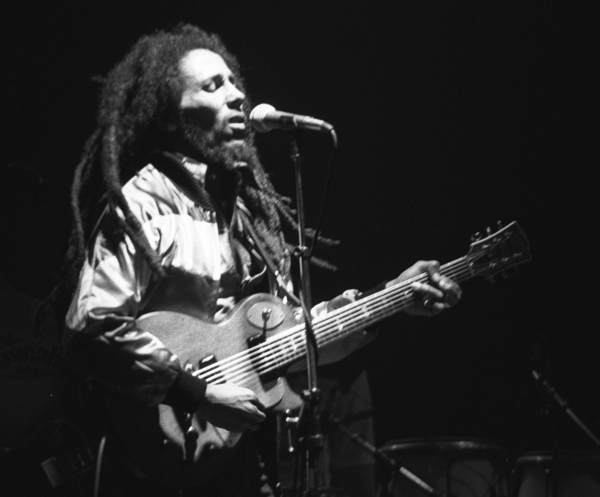
The nickname “buffalo soldiers” was given to the men of the 9th and 10th Cavalry Regiments of the United States Army, which were some of the first units in which African-American soldiers saw active service in the 19th century.
The name “buffalo soldiers” allegedly came from Cheyenne warriors, against whom the African-American troops fought in the Indian Wars in the latter half of the 19th century. Because of their curly hair, hardiness, and prowess in combat – as well as the fact that the men of the 9th and 10th wore buffalo coats in winter – the Cheyenne nicknamed them “buffalo soldiers.”
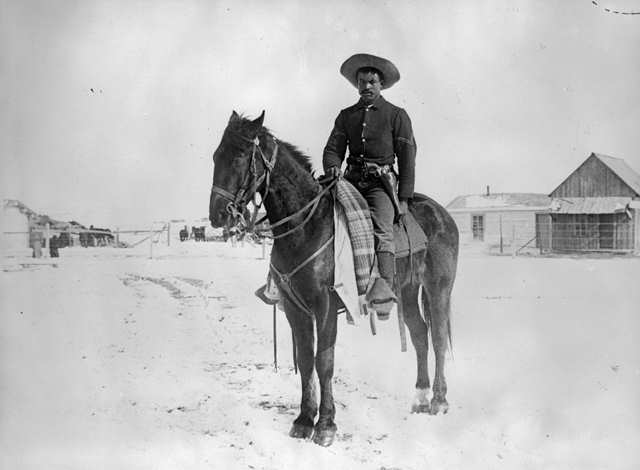
The name stuck, and in his famous song of the same name, Bob Marley aims to honor and commemorate the role these men played in American history.
“Rooster” by Alice in Chains
The next song is one of the most well-known hard rock songs of the 1990s. The song “Rooster,” released by grunge/heavy metal band Alice in Chains on their 1992 album Dirt, is a bit more personal in nature than the previous two tunes.
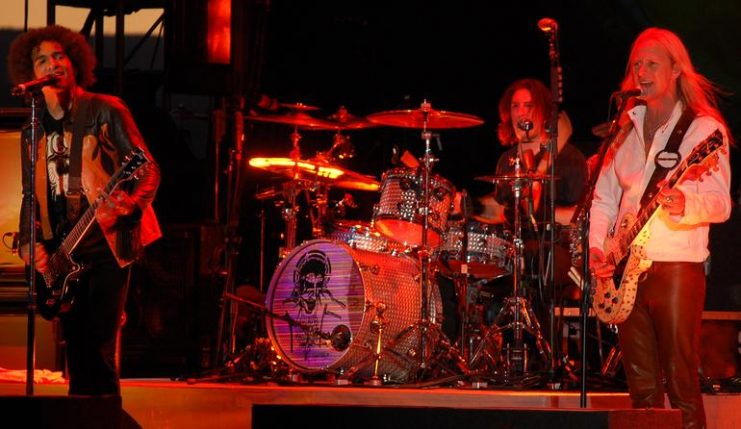
“Rooster” deals with the wartime experiences of a very specific Vietnam veteran: guitarist Jerry Cantrell’s father, who served in the Vietnam War. The song, with its grinding guitars and chill-inducing howls from vocalist Layne Staley, tells of the harrowing experiences Cantrell’s father (who was nicknamed Rooster) went through in the jungles of Vietnam.
Lyrics such as “got my pills ‘gainst mosquito death, my buddy’s breathing his dying breath,” portray the brutality of jungle combat, while other lines like “they spit on me in my homeland,” tell of the tragic hatred and disdain many servicemen had to deal with when they returned home.
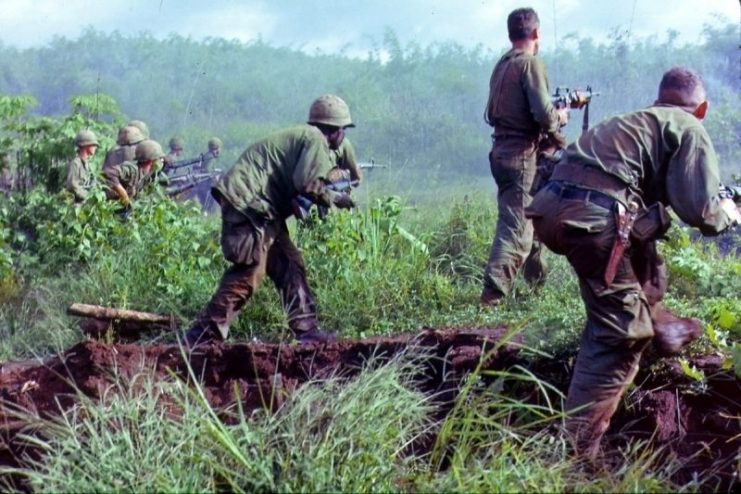
Despite being about the Vietnam War, the song has struck a chord with many servicemen serving in more recent conflicts, like the Iraq War.
“Impi” by Johnny Clegg
The next song, like Iron Maiden’s “The Trooper,” deals with another famous 19th century British battle: the Battle of Isandlwana. Johnny Clegg, nicknamed the White Zulu, is one of the most iconic South African musicians of the 20th century. He and his band Juluka achieved international success in the early 1980s, and their song “Impi” describes the 1879 Battle of Isandlwana from the Zulu perspective.

The lyrics, some of which are English and some of which are Zulu, praise the courage and might of the Zulu warriors who defeated the invading British army at Isandlwana. Stylistically the song is also a mix, combining western and Zulu rhythms and melodies with a driving, infectious beat.
The lyrics describe the progress of the unwitting British army, who “rode through the season’s wet weather, straining for a glimpse of the foe,” and who “came to the side of a mountain,” where “scouts rode out to spy the land,” and whose fate was eventually to die, because the “vainglorious general, and Victorian pride, would cost him and eight hundred men their lives.”
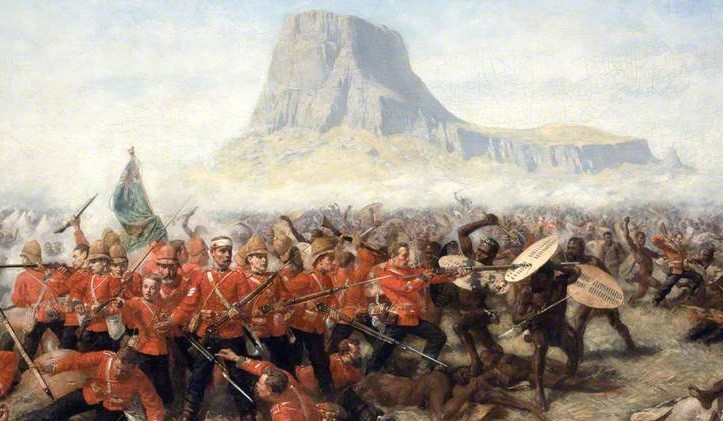
“The Night They Drove Old Dixie Down” by The Band
The final song in this list is The Band’s “The Night They Drove Old Dixie Down,” written in 1969 about the final days of the American Civil War. It views the war from the perspective of a poor Southern farmer who lost his brother in the conflict.
Frequently placed high up on lists of the greatest rock songs of all time, “The Night They Drove Old Dixie Down” is perhaps the most iconic song of the 20th century about the Civil War.
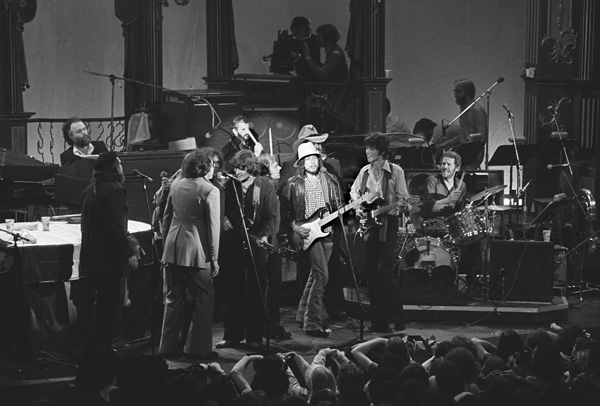
The heartfelt and emotional delivery of lyrics such as “in the winter of ’65, we were hungry, just barely alive,” and “like my brother above me, who took a rebel stand, he was just eighteen, proud and brave, but a Yankee laid him in his grave,” bring home the human cost of the war and the suffering the people of the South endured in the final days of the conflict.
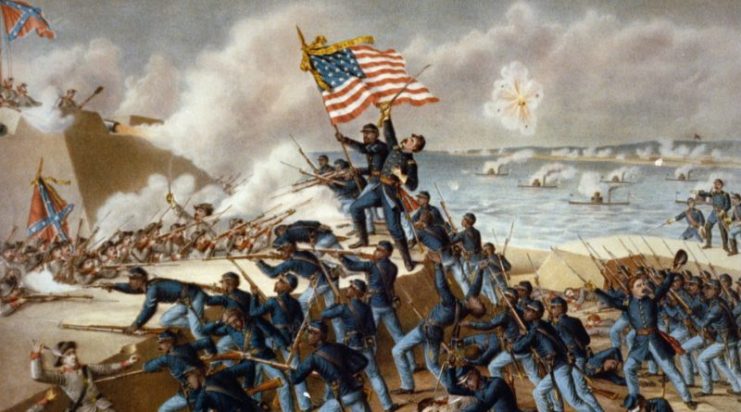
Read another story from us: Blowin’ in the Wind: Top Protest Songs from 1939 – 1969
Music, since the earliest days of human civilization, has been how people have communicated their experiences and emotions, and has been an age-old way of telling stories, recording events and venerating heroes for millennia.
While the five songs mentioned here talk about very different battles and wartime experiences in very different ways, the intent in these – and countless other songs inspired by the bravery of soldiers and the tragedy of war – is broadly the same, and they thus join a canon of music as old and noble as the human species itself.
